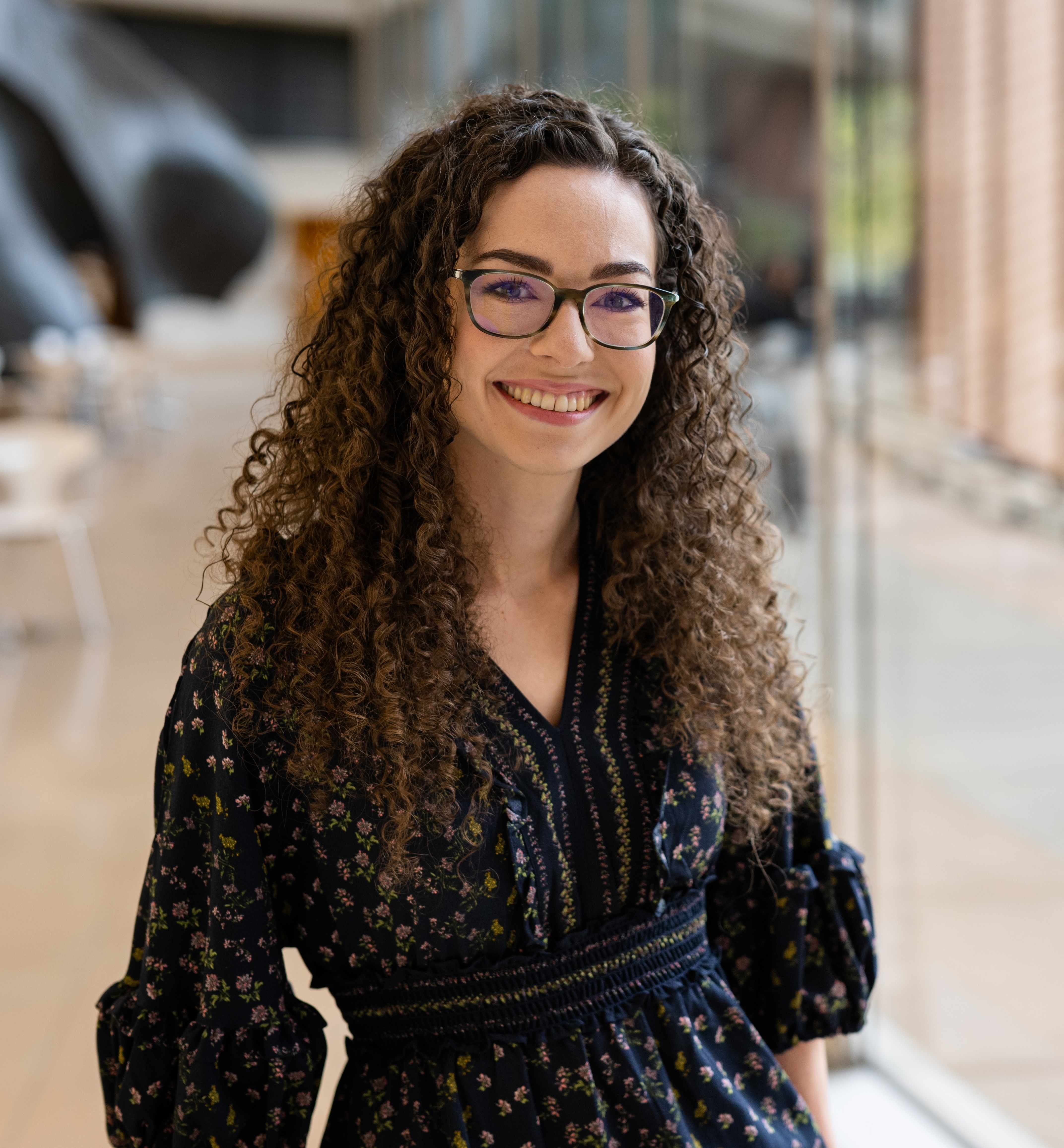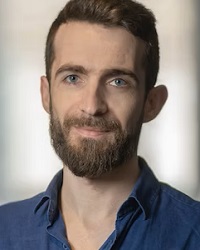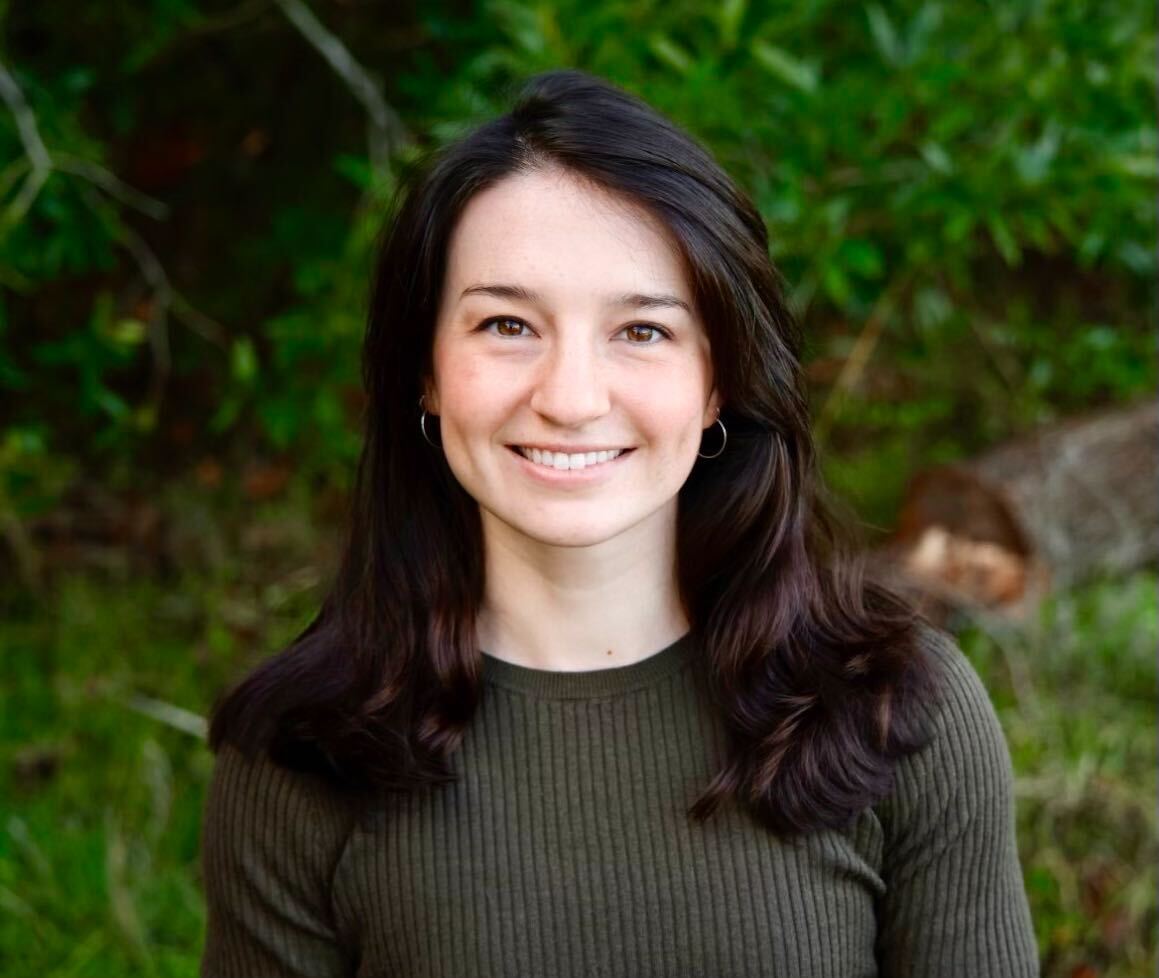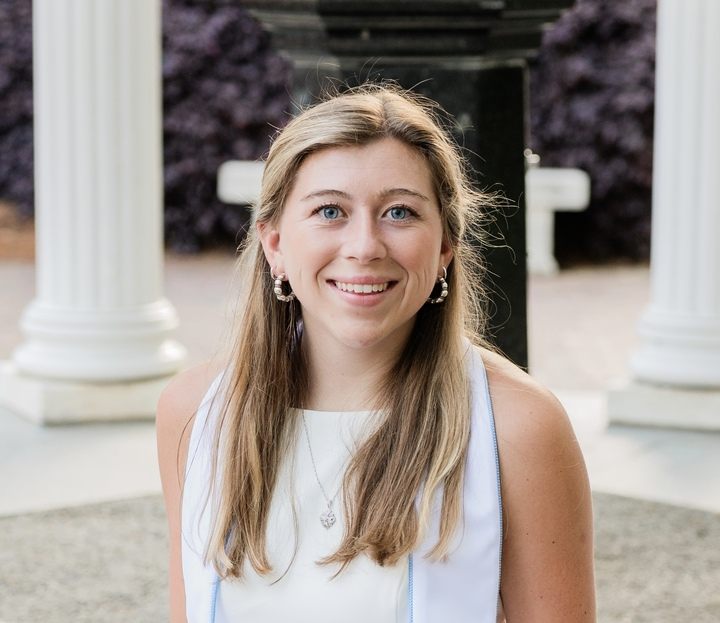Flatiron CCN Software Workshop, January 2025
We are excited to see everyone at the Flatiron Center for Computational Neuroscience workshop on using open source packages to analyze neural data in January 2025!
Over the course of this two-day workshop, we will walk you through the notebooks included on this site in order to demonstrate how to use pynapple and NeMoS to analyze and visualize your data.
This website contains links to the presentations for the workshop, as well as to other useful information.
Useful links
- Workshop schedule
- Notebook site
- Websites for the packages used in this workshop:
- pynapple: documentation, github repo, twitter, bluesky
- NeMoS: documentation, github repo, twitter
Setup
Before the workshop begins, please follow the setup instructions found on the workshop notebook site
Presentations, in chronological order
- Intro to CCN, Eero Simoncelli
- Welcome, Billy Broderick (pdf version)
- Neurodata Without Borders, Oliver Rübel
- Pynapple, Guillaume Viejo
- Signal processing and decoding, Sarah Jo Venditto
- fastplotlib, Caitlin Lewis
- A conceptual introduction to Generalized Linear Models, Edoardo Balzani
- Basic Generalized Linear Models with NeMoS, Billy Broderick (pdf version)
- Model Selection and Cross-Validation, Edoardo Balzani
- scikit-learn and nemos, Billy Broderick (pdf version)
- Conclusion, Billy Broderick (pdf version)
Schedule
| Day 0 (Wed, Jan 29) | |
|---|---|
| 2pm – 5pm | Installation help |
| 5pm – 7pm | Welcome reception |
| Day 1 (Thurs, Jan 30) | pynapple |
| 9 – 10am | Breakfast |
| 10 – 11am | Welcome and introduction to data standards |
| 11 – 11:30am | Coffee break |
| 11:30am – 1pm | Pynapple core |
| 1 – 2pm | Lunch |
| 2 – 3:30pm | Standard analyses in systems neuroscience, part 1: cross-correlations and tuning curves |
| 3:30 – 4pm | Coffee break |
| 4 – 5:45pm | Standard analyses in systems neuroscience, part 2: signal processing |
| 5:45 – 6pm | fastplotlib advertisement |
| 6 – 8pm | Dinner |
| Day 2 (Fri, Jan 31) | NeMoS |
| 9 – 10am | Breakfast |
| 10 – 11am | Introduction to Generalized Linear Models (GLMs) |
| 11 – 11:30am | Coffee break |
| 11:30am – 1pm | Fitting a basic GLM to single neuron patch-clamp recordings |
| 1 – 2pm | Lunch |
| 2 – 4pm | Functional connectivity analysis of head-direction neurons |
| 4 – 4:30pm | Coffee break |
| 4:30 – 6pm | Model comparison and cross-validation |
| 6 – 8pm | Dinner |
Speakers
Edoardo Balzani
 Associate Research Scientist, CCN
Associate Research Scientist, CCN
Billy Broderick
 Associate Research Scientist, CCN
Associate Research Scientist, CCN
Oliver Rübel
 Staff Scientist, Lawrence Berkeley National Laboratory
Staff Scientist, Lawrence Berkeley National Laboratory
Sarah Jo Venditto
 Associate Research Scientist, CCN
Associate Research Scientist, CCN
Guillaume Viejo
 Associate Research Scientist, CCN
Associate Research Scientist, CCN
TAs
Isabel Garon
 PhD candidate, NYU
PhD candidate, NYU
Caitlin Lewis
 PhD student, Duke University
PhD student, Duke University
Erik Schomburg
 Research Scientist, CCN
Research Scientist, CCN
Aramis Tanelus
 PhD Student, NYU
PhD Student, NYU